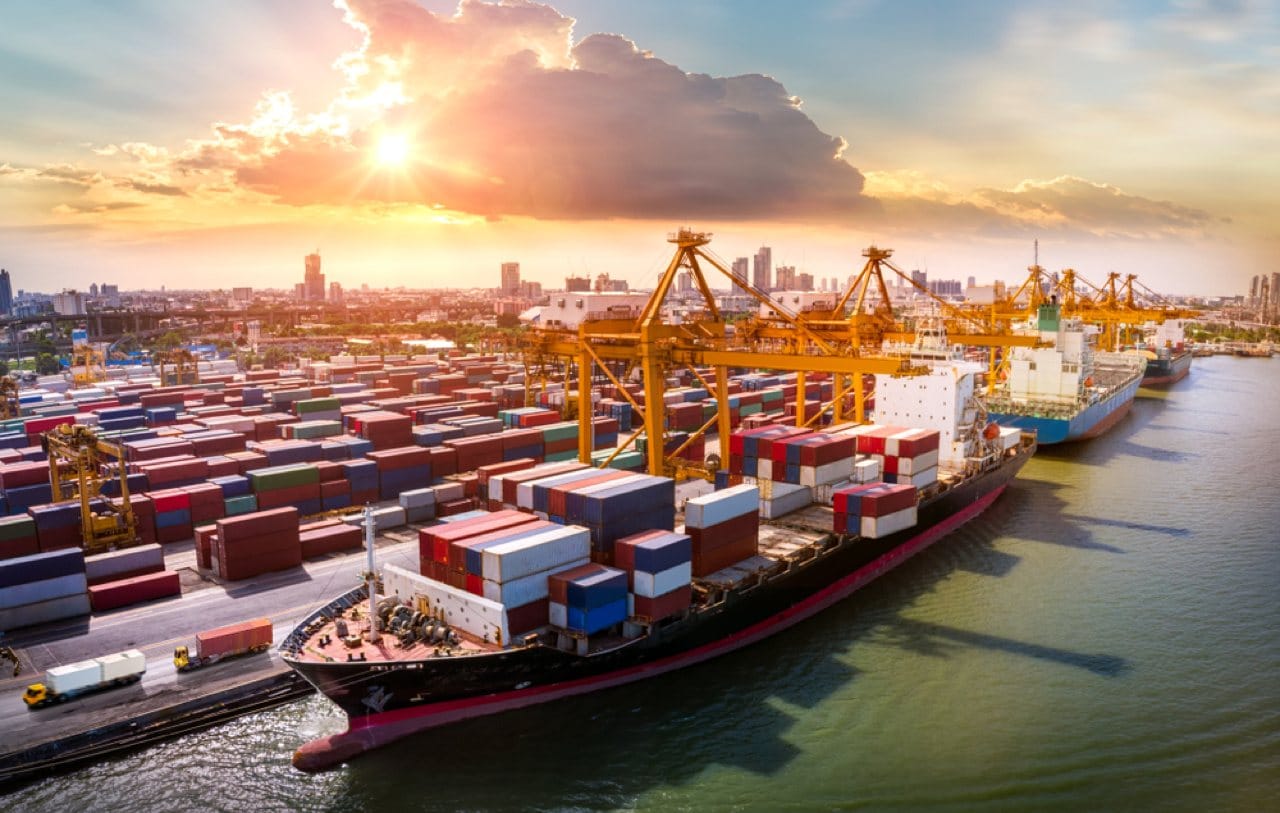Every single business in the world is bound together by one simple fact. To succeed, they have to grow. This means in order to make the most out of their enterprise, they have to make sure they are constantly pushing towards upwards growth and development as a company. To do this, they must consider going global at one point or another. Trading on the global marketplace is widely considered to be the pinnacle of success for any company.
However, going global is a very long, complicated process that can go horribly wrong if you don’t exercise appropriate caution and research what it is that you need to do beforehand. We are going to take a look at the different things that you need to consider when it comes to going global as a company here and now.
You’ll Need to Operate in Multiple Languages
So one of the first most fundamental lessons that you need to take into consideration is that the English language is incredibly common around the world, but it’s not the only way to speak. A lot of people communicate in languages that you probably haven’t heard of before, and in order to drive up your sales and maximize profit, you need to be able to speak to them and communicate with them effectively.
For the successful entrepreneur, this may include hiring someone who is fluent in another language so you can deal in multiple forms of communication. In some cases, it may even involve paying for translation programs so that you can speak directly to your customers, and they can talk to you without having to hire multiple staff. Whatever you do, you have to be ready to trade on a global marketplace and thus accept that the language will change.
Import and Export Tax, Currency and Rising Prices
For a business going global, money can be a difficult subject. There are things that you have to take into consideration when it comes to expanding your business onto the world stage. For example, the currency is different in every part of the world. What you pay for in pounds in one part of the world, someone else paid for in dollars. Obviously, this leads to a lot of confusion and exchange rates unless you have a consistently sensible set of prices.
In this instance, what we are suggesting is that you take the time to adjust your prices to account for import tax, export tax, the conversion rates of different currencies, and any other hidden costs that may arise during the process. Port services and mail forwarding are also things to consider because any business operating on a global scale will have communications from customers all over the world.

Trading Laws
A consistent issue that a lot of businesses have is that when it comes to trading their products on the global marketplace, they forget to take into consideration the laws and regulations which govern each country. Some laws ban certain products, whereas others will impose age limits on them.
As a direct result of this, you need to make sure that you are obeying all the different laws and regulations which govern every part of the world, and that you respect every country’s right to police their citizens how they choose.
Conclusion
In conclusion, trading in a global marketplace is very rewarding. However, at the same time, it does require you to be sensible about how you do things. There are a lot of different considerations that you’re going to want to think about because they will influence exactly how successful your business is on the world stage. It’s not just a case of announcing that you trade globally and expecting profits to suddenly drive up, because unless you’ve taken adequate steps to prepare, you will flounder.



